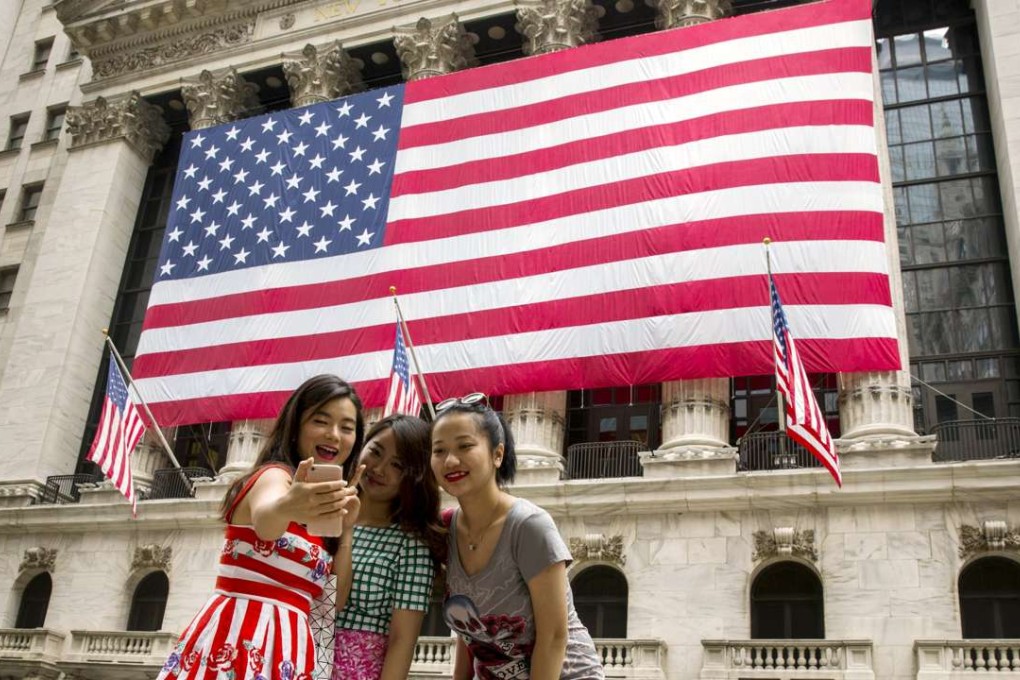Hongkongers, mainland Chinese likely to face stricter scrutiny to obtain US visas
Trump administration orders heightened screenings, citing national security concerns

Hong Kong and mainland passport holders are likely to face greater scrutiny when travelling to the United States after the US State Department ordered tighter security checks for visas.
In line with the new US administration’s promise of “extreme vetting”, US Secretary of State Rex Tillerson instructed American embassies and consulates earlier this month to broadly increase visa screenings for entry into the US.
In four diplomatic cables sent between March 10 and 17, Tillerson called for the development of criteria to identify “populations warranting increased security”. Language from the diplomatic memos, reported by Reuters, placed security concerns front and centre, saying in part: “All visa decisions are national security decisions.”
Last year, the United States issued roughly 10.4 million immigrant and non-immigrant visas.
Visa applications are required for most people travelling to the US, but embassies can deny one to any person suspected of being a security threat, conducting fraud, or who may plan on staying longer than permitted, according to The New York Times.